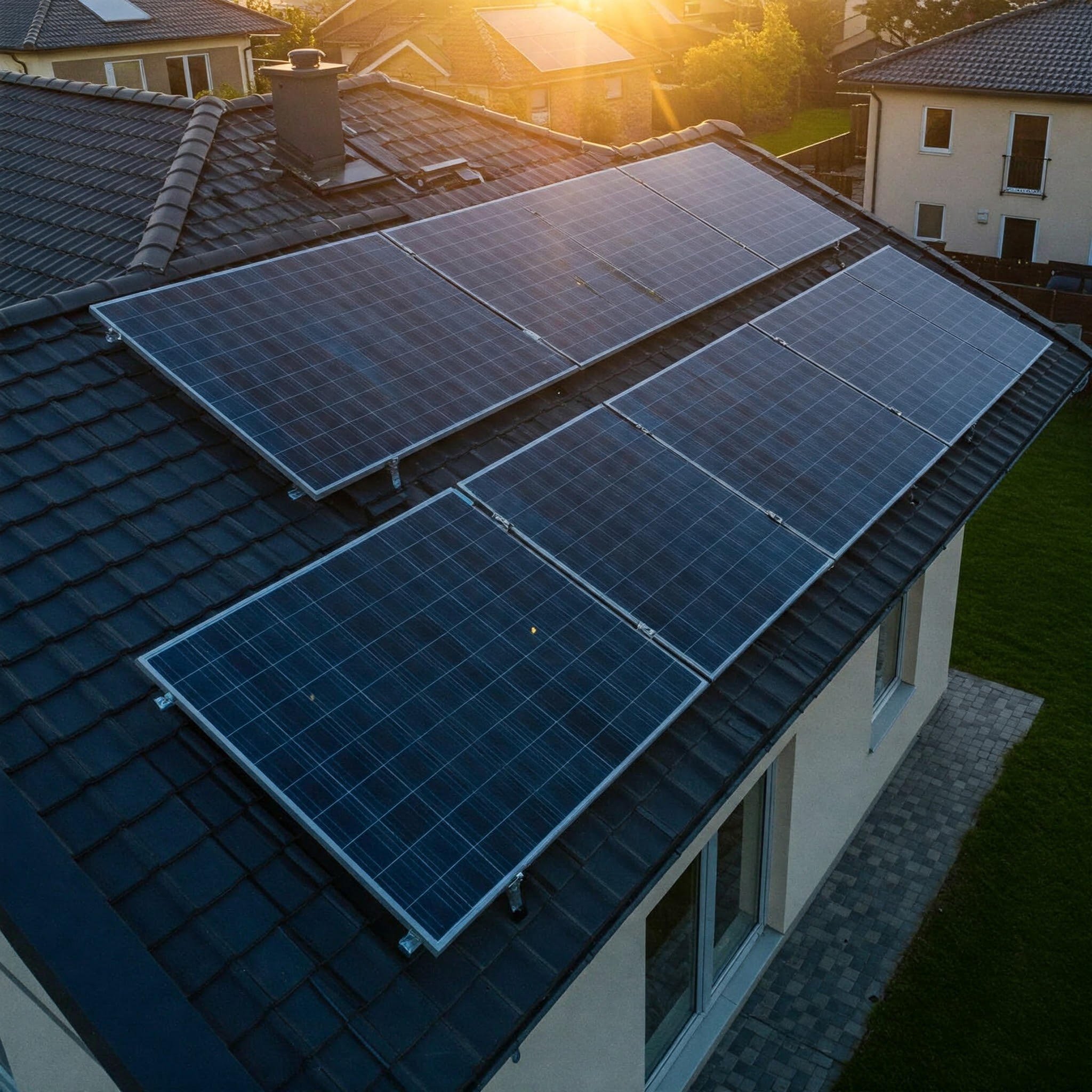Solar Energy
Solar Energy Advantages and Disadvantages | |
|---|---|
| Advantages | Disadvantages |
|
|
 Solar energy is energy that comes from the sun and is harnessed using various technologies to generate electricity, heat, or to support other processes. It is a renewable and sustainable source of energy, meaning it can be replenished naturally and doesn't deplete resources.
Solar energy is energy that comes from the sun and is harnessed using various technologies to generate electricity, heat, or to support other processes. It is a renewable and sustainable source of energy, meaning it can be replenished naturally and doesn't deplete resources.
There are Two Main Solar Energy Technologie Types
- Photovoltaic (PV) Solar Power - This technology uses solar panels made of semiconductor materials (usually silicon) to convert sunlight directly into electricity. When sunlight hits the solar cells, it creates an electric current, which can be used to power homes, businesses, and other applications.
- Solar Thermal Energy - This method captures and uses the sun's heat to generate electricity or heat water. It includes technologies like solar water heaters, which use sunlight to heat water for domestic or industrial use, and concentrated solar power (CSP) systems, which use mirrors or lenses to focus sunlight onto a small area to produce high temperatures that can drive turbines to generate electricity.
Solar energy is clean, producing no greenhouse gas emissions during operation, making it an important part of efforts to combat climate change. It can be used in a variety of applications, from small-scale residential systems to large solar farms that generate power for thousands of homes.

